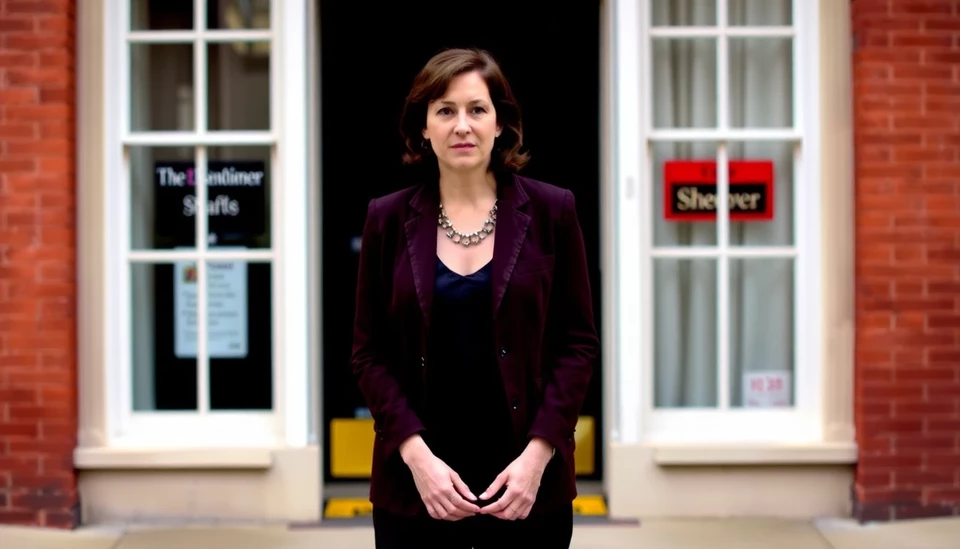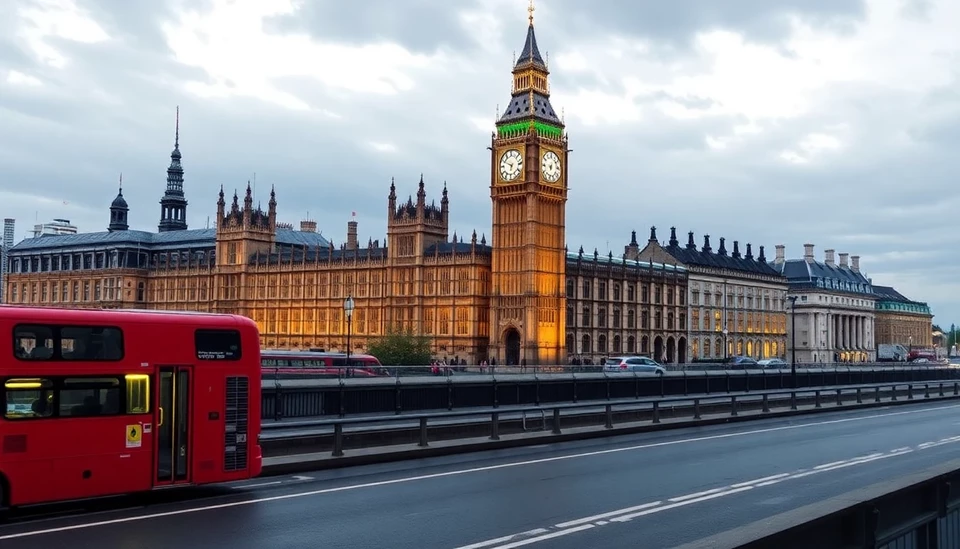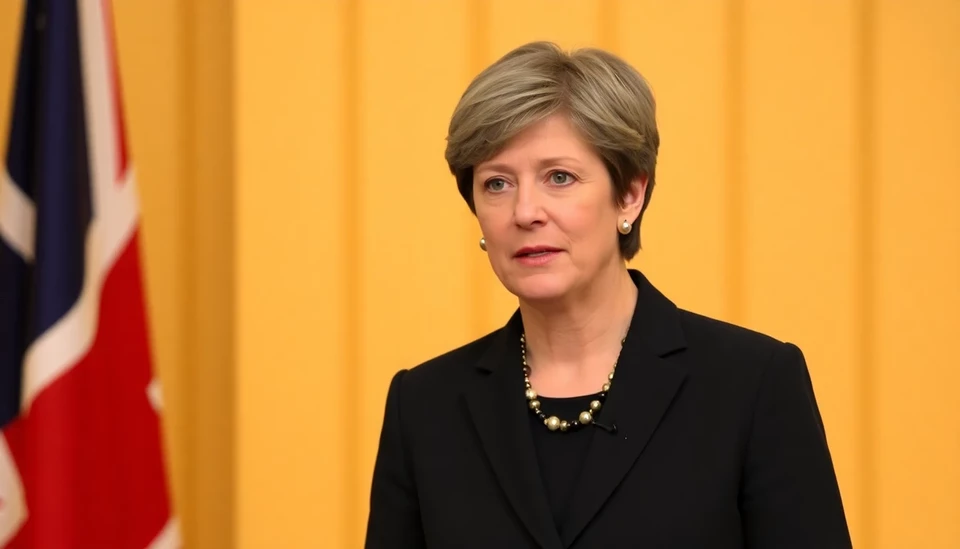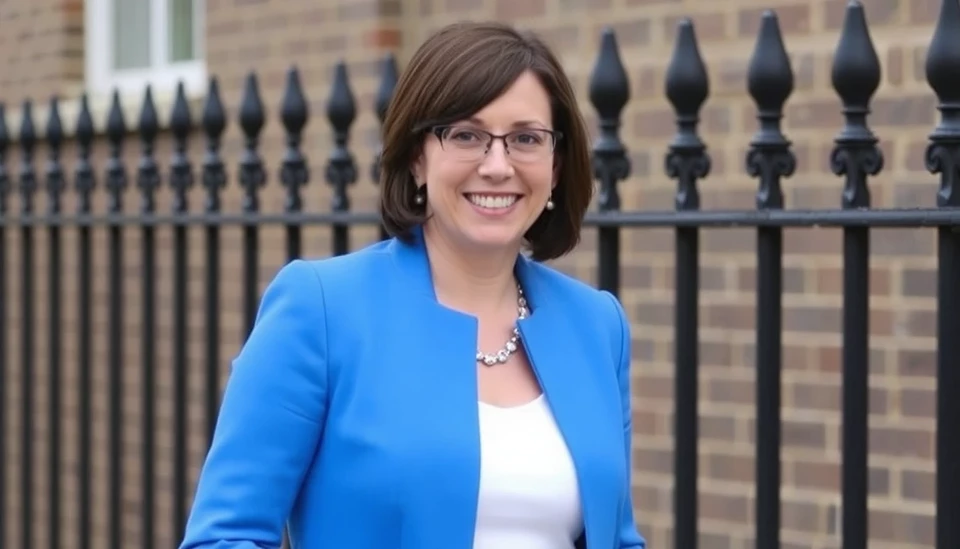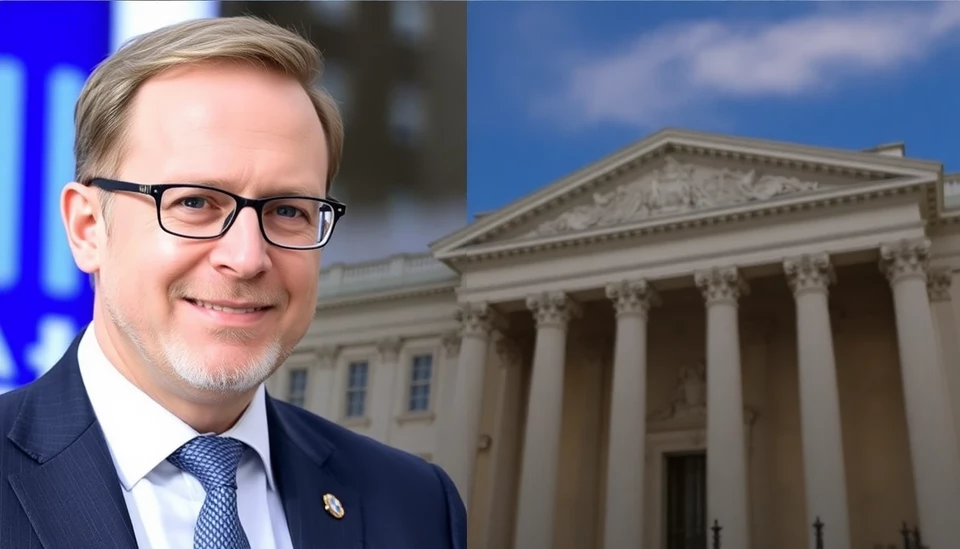
In a significant political development, Shadow Chancellor Rachel Reeves is reportedly contemplating abandoning her commitment to adhere to strict tax policies in light of mounting financial pressures facing the United Kingdom. This news comes on the heels of a discussion by Martin Weale, a former member of the Bank of England's Monetary Policy Committee, who provided insights into the nation's economic landscape and the necessity for reevaluation of fiscal strategies.
Reeves, who has positioned herself firmly as a fiscal conservative, originally promised to maintain the existing tax structure while promoting economic growth and stability. However, the current economic climate, characterized by rising inflation and stagnant growth, may compel her to reassess this pledge. Weale's comments suggest that the prevailing economic conditions could necessitate a shift in strategy, potentially allowing for more flexible tax policies to facilitate necessary investments and stimulate economic activity.
Weale pointed out that the economic outlook is precarious, and by sticking rigidly to tax pledges, the Labour Party risks missing critical opportunities for recovery and innovation. He argued that a more pragmatic approach may be required to support public services and infrastructure, especially as the government grapples with post-pandemic challenges and the fallout from geopolitical tensions that have loomed over global markets.
The debate surrounding Reeves' tax policies highlights a broader conversation within UK politics, as parties seek to balance fiscal responsibility with the need for economic stimulus. Should Reeves proceed with the changes, it could signal a notable shift in Labour's public policy approach, emphasizing adaptability in the face of economic realities rather than strict adherence to pre-established commitments.
This potential recalibration comes as various sectors in the UK are calling for clarity and decisive action from the government. Businesses, in particular, have expressed concerns about the economic environment and the need for supportive measures to foster growth and job creation. Alongside this, the public continues to feel the impact of increased living costs, pushing the need for feasible solutions to the forefront of political discourse.
As discussions progress, political analysts will be keenly observing Reeves' next moves, as they may have long-lasting implications not only for Labour's electoral prospects but also for the economic recovery trajectory of the nation. The next few weeks could reveal whether the Shadow Chancellor will stick to her original tax commitments or pivot towards a more flexible stance that could align better with the changing economic landscape.
In an ever-evolving economic environment, the decisions made by key political figures such as Reeves will shape the discourse around taxation, government spending, and economic growth in the UK for years to come.
#RachelReeves #UKTaxPolicy #EconomicRecovery #LabourParty #BankOfEngland #PoliticalStrategy
Author: Daniel Foster

